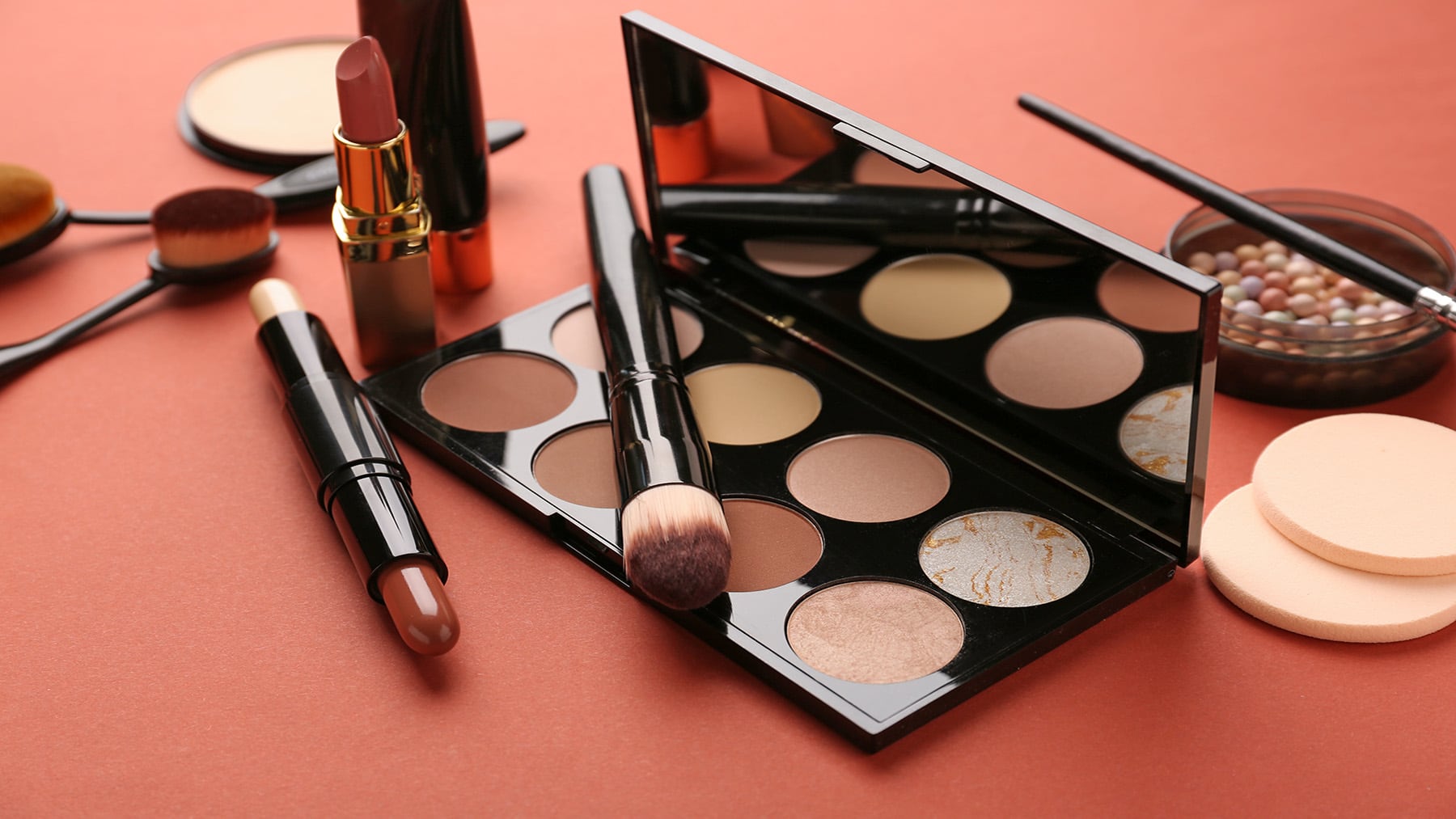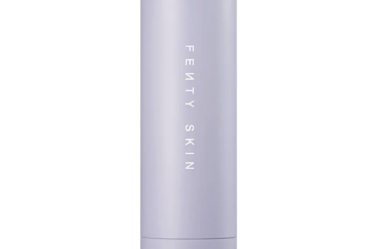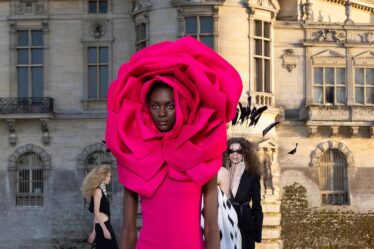
One of China’s best known makeup artists, Mao Geping, became a billionaire as his beauty company soared as much as 87 percent after beginning trading in Hong Kong, capping a remarkable run that’s seen the former opera performer’s premium powders and lotions defy the nation’s consumer slowdown.
His skincare and cosmetics firm Mao Geping Cosmetics Co., which listed Tuesday, raised HK$2.3 billion (about $300 million) in its initial public offering after upsizing the deal, according to a filing to the Hong Kong stock exchange. The first Chinese cosmetics brand to list in the city, it’s set for the biggest first-day increase among companies that listed in Hong Kong after IPOs of at least $300 million over the past three years.
That’s given the 60-year-old makeup wizard and his wife Wang Liqun, the company’s vice chairwoman, a fortune of about $1.4 billion based on the opening price of HK$47.65, according to the Bloomberg Billionaires Index. Mao and his wife hold a more than 45 percent stake in the company, directly and through investment vehicles. Two of Mao’s sisters and several other relatives also each hold a smaller stake that could be worth another $800 million in total, the company’s prospectus showed.
While most Chinese beauty brands have focused on offering affordable prices as consumers cut back on spending amid the economic slowdown, Mao Geping Cosmetics keeps prices closer to those of premium international labels. Its top selling pressed powder costs 380 yuan ($52), versus 390 yuan for similar product from Shiseido Co.’s Nars, even as most local brands sell it for less than 200 yuan.
The company’s revenue jumped more than 40 percent in the first half of the year, building on a 35 percent average annual surge between 2021 to 2023. Its growth defies a slump that’s seeing foreign beauty giants, from L’Oréal SA to Shiseido, struggle with disappointing sales in China as increasingly frugal shoppers turn to cheaper local upstarts.
Sales have taken off since 2018, when the company buckled down on e-commerce. A strong physical presence of more than 300 department store counters also helps its premium positioning by providing on-site makeup experiences to consumers, Zheshang Securities Co. said in a research note.
Still, the listing will be a fresh test of market sentiment towards China’s beauty segment, which has seen some domestic brands slump in recent years as competition surges, and of mainland shoppers’ appetite for rarer high-end Chinese brands like Mao’s. The label’s marketing push ahead of the listing including a partnership with the Chinese national team at the Paris Olympics, a bid to tap into national pride.
Factors including cultural relevance and the founder’s star power make “a good recipe for continued growth in a competitive category,” said Olivia Plotnick, founder of Shanghai social media marketing agency Wai Social.
Mao started his career as a performer with the Zhejiang Yue Opera Troupe in 1983, pivoting to cosmetics. He later found fame as the makeup artist for Liu Xiaoqing, one of the country’s best-known actresses, on a hit 1990s TV drama chronicling the life of China’s one female emperor — where his makeup helped the forty-something actress play ages from teenager to octogenarian.
Mao launched his namesake brand and makeup school in 2000 in Hangzhou, expanding to Shanghai three years later by setting up a cosmetic counter at one of the city’s premium department stores.
Learn more:
How Beauty Can Navigate a China Rebound
After a lacklustre 2023, recovery may be on the horizon for established and independent lines alike.


